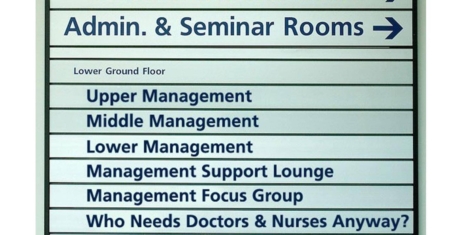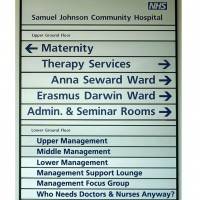February 18, 2016
What would happen if you didn’t turn up for work tomorrow? 0
 You might assume that most people would like to think of themselves as more or less indispensable at work. And if they’re not already, would like to make themselves indispensable at some point. But what exactly would happen if you simply didn’t turn up for work tomorrow? It might be nothing, as the recent case of Joaquin Garcia proved. The Spanish civil servant hadn’t turned up to work for at least six years, according to reports from last year. His absence only came to light when his employer decided he was eligible for a long term service award. His case became something of a sensation in Spain, where he earned the moniker el funcionario fantasma – the phantom official. But his story isn’t a one off. In a grim news item from 2004, a Finnish tax inspector died at his desk and the fact went unnoticed for two days.
You might assume that most people would like to think of themselves as more or less indispensable at work. And if they’re not already, would like to make themselves indispensable at some point. But what exactly would happen if you simply didn’t turn up for work tomorrow? It might be nothing, as the recent case of Joaquin Garcia proved. The Spanish civil servant hadn’t turned up to work for at least six years, according to reports from last year. His absence only came to light when his employer decided he was eligible for a long term service award. His case became something of a sensation in Spain, where he earned the moniker el funcionario fantasma – the phantom official. But his story isn’t a one off. In a grim news item from 2004, a Finnish tax inspector died at his desk and the fact went unnoticed for two days.






































